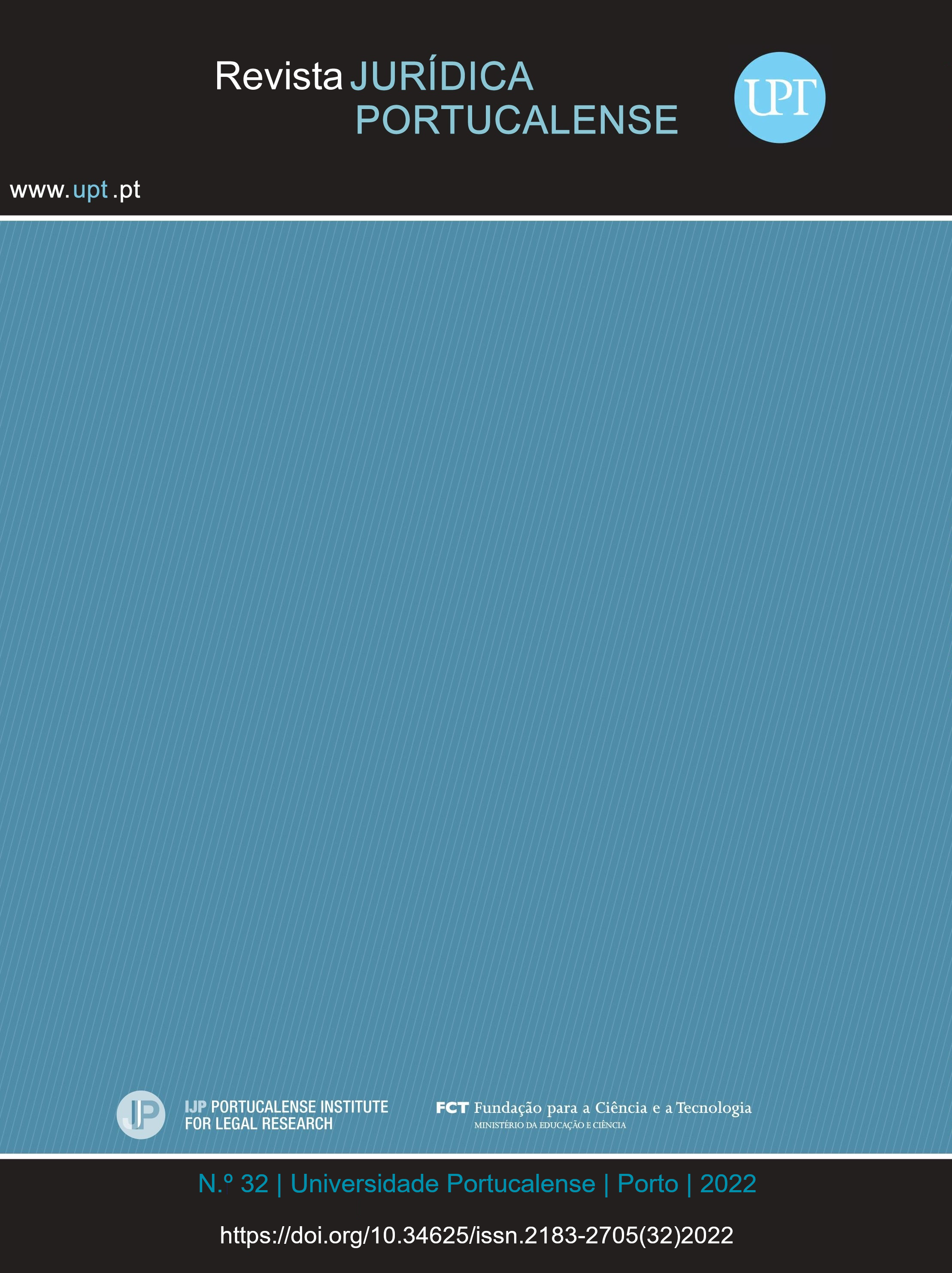Pandemic law – a roadmap for lege ferenda
Keywords:
pandemic; pandemic law; health emergency law; fundamental rights; rights restrictions.Abstract
In recent years we have been ravaged by a pandemic that has changed the way of living and being in society, which has resulted in changes in lifestyle all over the world, has caused structural changes in the organization of services in the most varied sectors. Isolation was a necessity arising from the pandemic that was more difficult to accept, due to the fact that it limits fundamental rights, such as freedom, which gave rise to legal and public health debates. It was found that the pandemic should be governed by rules in view of the limitations it imposes on fundamental rights, as a way of protecting public health. The pandemic demonstrated the need to manage resources in view of the needs arising from the effects of the pandemic, as well as the need to adjust social and labor relations, a change in behavior and habits was imposed that implied restrictions on fundamental rights. Hence the need to legislate on the pandemic, as a way of protecting these events and thus having a normative instrument that supports the actions of States, both internationally and nationally. In Portugal, the need to create a health emergency law or pandemic law is debated, as a way of preventing and protecting the occurrence of pandemics and allowing the restriction of fundamental rights with constitutional protection.
References
A. RICON-FERRAZ, “As grandes Pandemias da História in: Revista Ciência Elementar, Vol. 8(02):025, 2020.
CORREIA, Mónica., RÊGO, Guilhermina e, NUNES, Rui. 2021. The Right to Be Forgotten and COVID-19: Privacy versus Public Interest. Acta Bioethica 27 (1):59-67. doi:10.4067/S1726-569X2021000100059.
ESTEVES, Alexandra, “As epidemias e a memória histórica”, in: A Universidade do Minho em tempos de pandemia. I - Reflexões, Manuela Martins / Eloy Rodrigues (coord.), Braga: UMinho Editora, 2020, DOI https://doi.org/10.21814/uminho.ed.22
FARIAS OLIVEIRA, Pedro, “Desafios do direito internacional sanitário durante a pandemia de Covid-19: poder normativo, retirada e financiamento da Organização Mundial da Saúde”, In: Revista Estudos Institucionais, vol. 7, n.º 1, 2021.
FREITAS DA ROCHA, Joaquim, SEQUEIROS DE SOUSA NUNES, Eduardo, “Pandemia COVID-19”, estado de exceção constitucional e deveres tributários: uma breve análise comparativa luso-brasileira”, in: A Universidade do Minho em tempos de pandemia.
HENAO-KAFURE, Liliana, O conceito de pandemia: debate e implicações sobre a pandemia de influenza de 200 In: Rev. Gerenc. Polit. Salud, Bogotá (Colômbia), 9 (19), 2010.
LUIZ VIEGAS, Leandro, DE FREITAS LIMA VENTURA, Deisy, VENTURA, Miriam, “A proposta de convenção internacional sobre a resposta às pandemias: em defesa de um tratado de direitos humanos para o campo da saúde global”, in: Caderno Saúde Pública, 38 (1), 2022.
NOGUEIRA DE BRITO. Miguel, “Modelos de Emergência no Direito Constitucional”, in: e-Pública, Vol. 7, n.º 1, 2020.
SARMENTO, Cristina. (2021). Editorial: Paradoxos de uma Pandemia | Paradoxes of a Pandemic. Political Observer | Revista Portuguesa De Ciência Política, (14). https://doi.org/10.33167/2184-2078.RPCP2020.14/pp.9-17
https://gulbenkian.pt/historia-das-pandemias/
https://www.nature.com/articles/d41586-022-01245-6
https://github.com/OxCGRT/covid-policy-tracker
http://www.tribunalconstitucional.pt/tc/acordaos/20200729.html.
http://www.tribunalconstitucional.pt/tc/acordaos/20200769.html.
http://www.tribunalconstitucional.pt/tc/acordaos/20210173.html.
http://www.tribunalconstitucional.pt/tc/acordaos/20210545.html.
http://www.tribunalconstitucional.pt/tc/acordaos/20210868.html.
http://www.tribunalconstitucional.pt/tc/acordaos/20210921.html.
http://www.tribunalconstitucional.pt/tc/acordaos/20220088.html.
http://www.tribunalconstitucional.pt/tc/acordaos/20220089.html.
http://www.tribunalconstitucional.pt/tc/acordaos/20220090.html.
https://www.publico.pt/2020/07/09/opiniao/noticia/apps-covid19-caixa-pandora-1923664
Downloads
Published
How to Cite
Issue
Section
License
Authors who published in the journal agree to the following terms:
- The Authors grant the Journal the right of first publication, and other non-exclusive publishing rights, licensed under the Creative Commons Attribution License which allows the sharing of work with recognition of its initial publication in this journal.
- Authors are able to take on additional contracts separately, non-exclusive distribution of the version of the paper published in this journal (ex .: publish in an institutional repository or as a chapter in a book), with an acknowledgement of its initial publication in this journal.
- Authors are permitted and encouraged to post and distribute their work online (eg .: in institutional repositories or on their website) at any point before or during the submission process, as it can lead to productive exchanges, as well as increase the impact and the citation of published work (See The Effect of Open Access).
RJP does not apply submission, publication or any other fees of any nature. Its articles are open access, with the goal of disseminating scientific knowledge and the debate of legal topics in the area of Legal Sciences.






